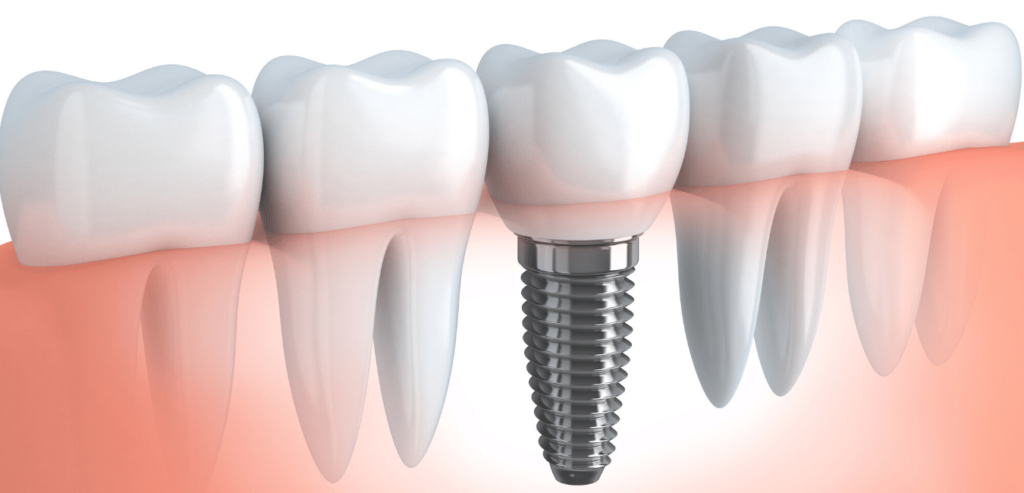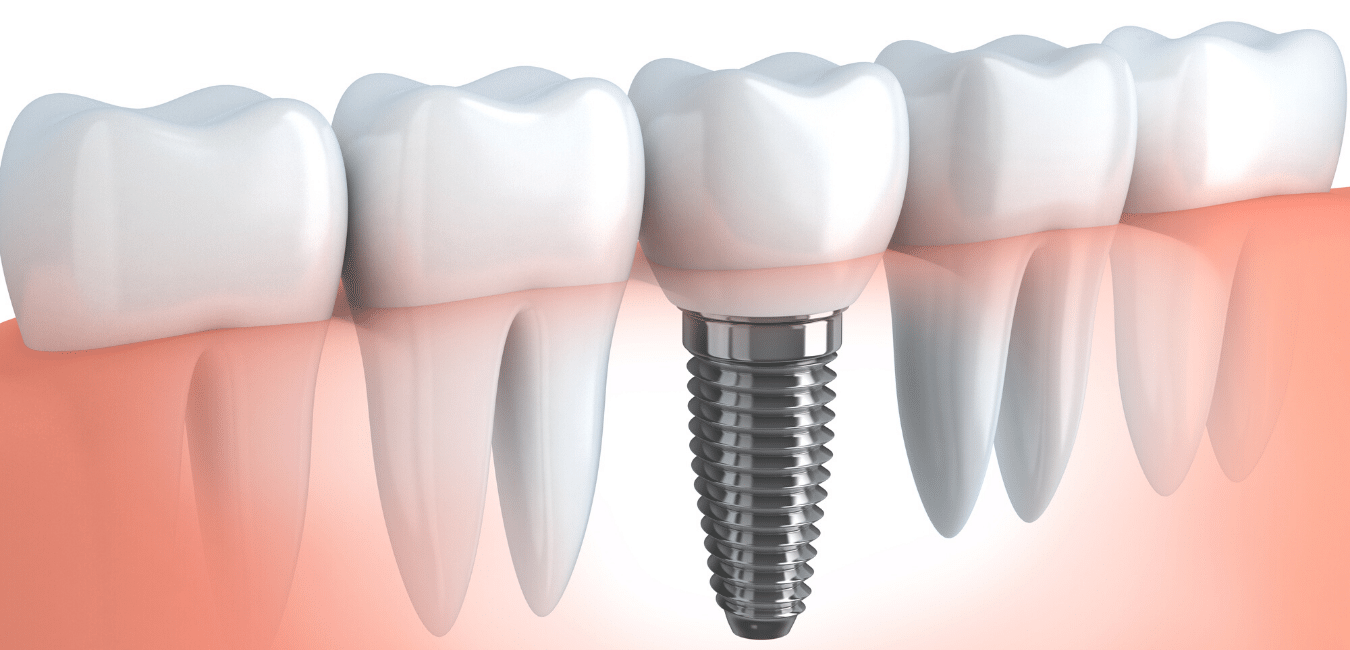
Most people can’t live their whole life without a problem with tooth decay at some point. Maybe you’re very busy and have trouble forming good tooth hygiene habits or your teeth naturally build up more tartar and plaque.
No matter the cause, when your tooth has damage all the way to the root, you’ll need some major dental work.
If you need help deciding on a dental implant vs root canal, you’ve come to the right place. Here’s a bit more about each procedure and their benefits to help you decide what to do.
Root Canals
A root canal is a tooth-saving procedure to help remove an infection from a decaying tooth. The dentist will drill into the tooth, then suck out the pulp chamber. Removing unhealthy pulp means they can fill the tooth to prevent further infection in the future.
They’ll finish with a temporary crown, and you’ll return to get a permanent crown at another visit. Typically a root canal takes between two and three visits to the dentist.
Sometimes your tooth is too badly decayed for a root canal to be the right treatment. In those cases, your dentist will recommend a dental implant.
Dental Implants
Dental implants are a type of tooth replacement therapy. In this case, the dentist first has to take out the decaying tooth from the root. After extraction, they insert a titanium root, embedding it in the jaw.
You’ll come back when your mouth has had a chance to heal. Then the dentist will place a crown on the embedded implant, matching the color to your existing teeth.
Click here to find out more about implants.
Dental Implant vs Root Canal: Which Is Better?
Patients have to compare different factors to help them decide which route to go. Often saving a natural tooth is the cheaper option, with a root canal’s average cost around $1500. An implant, however, can cost up to $5000.
Talk to your dentist about whether your insurance will help cover the cost of your dental work. They may also be able to offset the cost or give you payment options that fit within your budget.
You’ll also want to consider the longevity of the procedure. Root canals often have to be redone after 5-10 years, and at that point the dentist will have to extract the tooth anyway. You can also develop an abscess if the dentist doesn’t remove all the infected pulp before filling the tooth with gutta-percha (a thermoplastic latex).
Your dentist can help you decide which option is better for your case. They’ll explain the benefits of each one and answer any questions you have. You’ll be able to make a choice that fits in your budget and lifestyle needs.
Healthy Smiles
If your decision has come down to a dental implant vs root canal, then make sure to consider each procedure before you decide. Do you want to save your original tooth? What is your budget and time frame?
Ultimately, ask your dentist about their recommendation. They’ll help you make the right decision and guide you through the recovery process.
Did you find this article helpful? Check out the rest of our website for more information!
